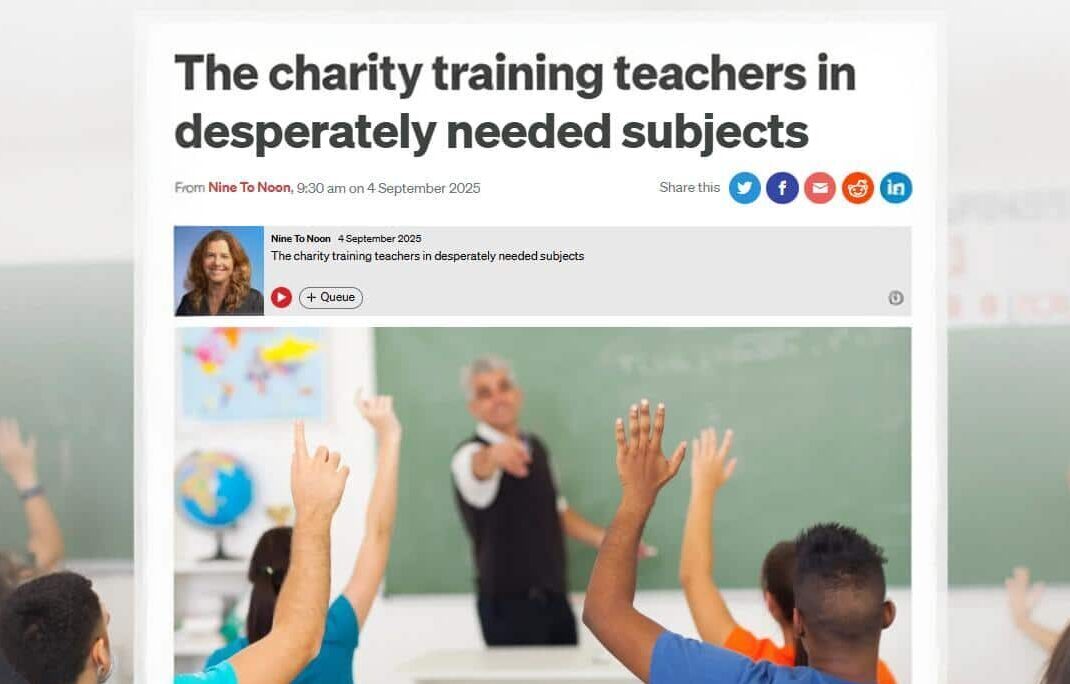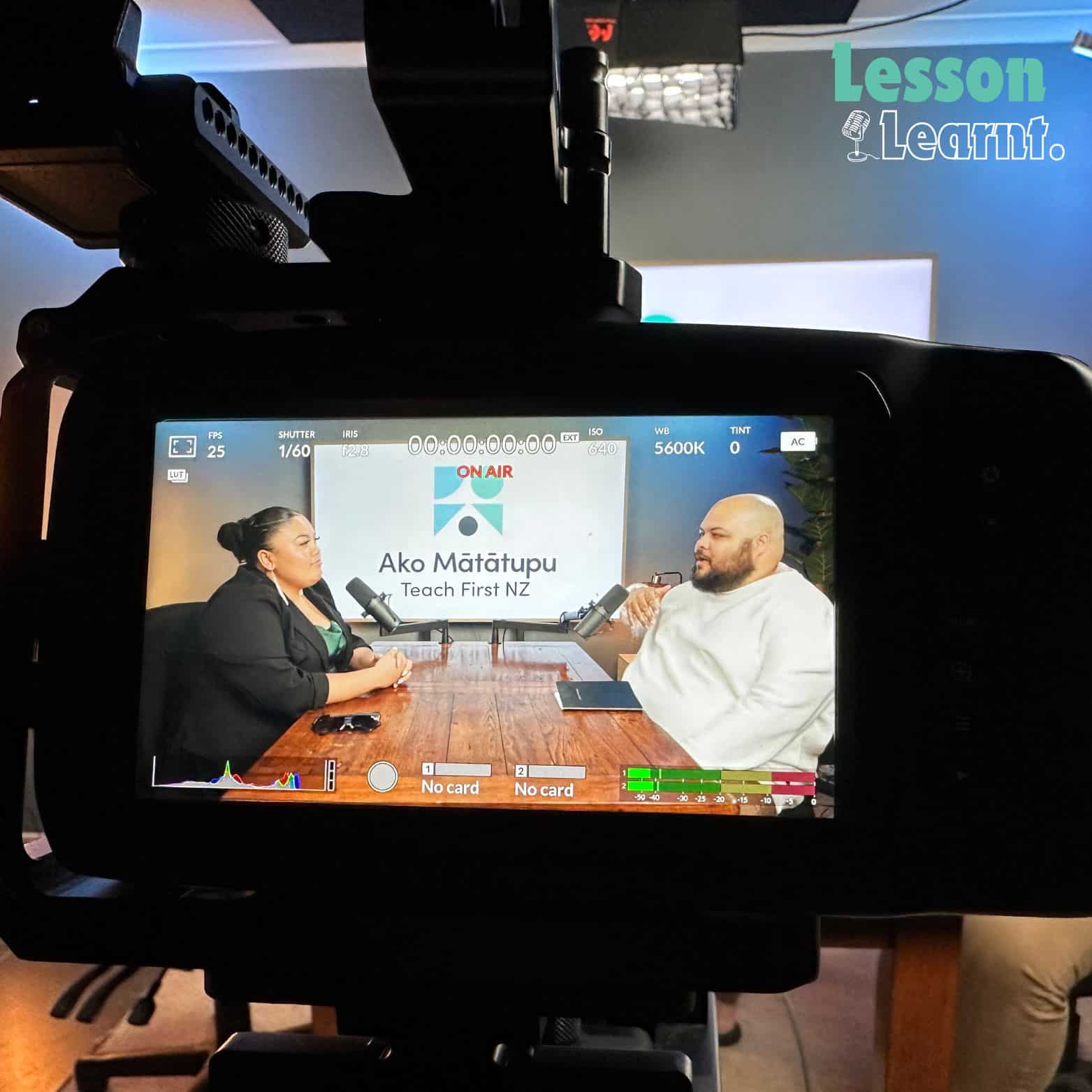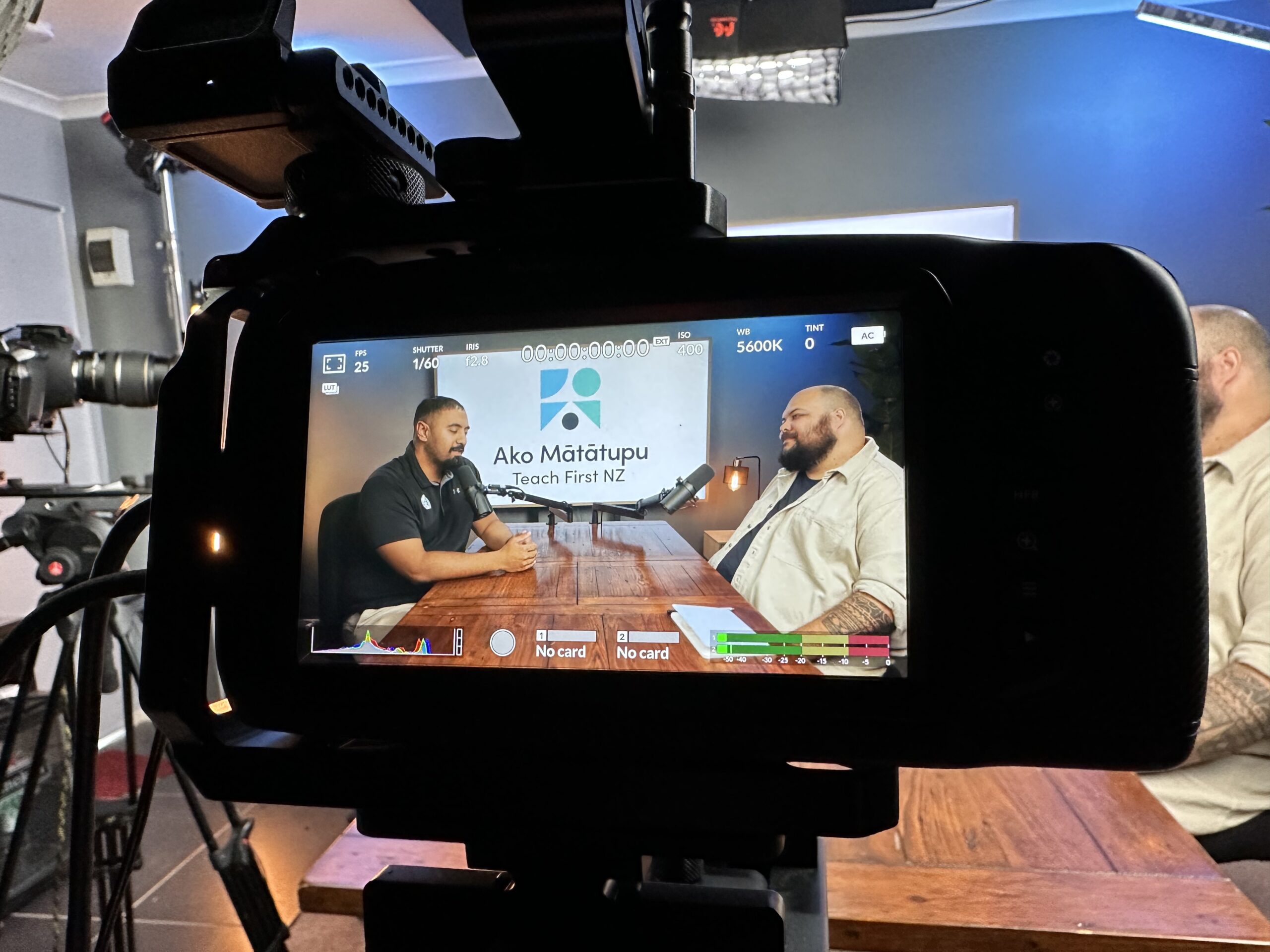Equity in education is a necessary step to counter the harms of unfair norms. This blog explores some of the differences between equity and equality, and shares ways to support equitable outcomes at the classroom level. We also challenge the limitations of equity and encourage each other to walk the line between taking steps to support students in the now, whilst dreaming of a transformed world in which all of us can thrive.
Is Equity in Education a Valued Goal?
In New Zealand the Ministry of Education’s purpose is to “shape an education system that delivers equitable and excellent outcomes.” This national vision chimes with the UN Sustainable Development Goal 4 (SDG4) to ensure “inclusive and equitable quality education and promote lifelong learning opportunities for all.” So at the national and global levels, we know that it is a valued goal but, first off, what is equity in education? One way to start is by differentiating equity from equality.
Equality vs. Equity
Like the concept of equality, equity is inherently connected to fairness, inclusion and social justice. However, rather than strictly equal distribution, equity recognises the different starting points and needs that different people experience. Practising education equity strives for each young person to receive what they need in order to realise their potential.
A much-shared quote from Albert Einstein aims to illustrate the absurdity of strictly equality-based approaches to education: “Everybody is a genius. But if you judge a fish by its ability to climb a tree, it will live its whole life believing that it is stupid.” In other words, giving everyone the same learning experience or assessment can lead to some highly inequitable outcomes.
What is Equity in Education?
Sticking with the Einstein quote, equity in education might look more like celebrating the fish for their ability to swim rather than their ‘failure’ to climb. Teachers contribute to equity when they are able to adapt their teaching approaches to meet students where they are at and provide the best-tailored support that they need to grow and learn.
Equity can look like researching and fostering pedagogies (teaching and learning approaches) that support specific valued skills and knowledge. It can also look like deeply listening to a student and their community, embracing their self-determination of goals and milestones toward confidence and flourishing. What are some more specific ideas?
Challenging Inequity in New Zealand:
In the context of Aotearoa New Zealand, a deep and long-standing inequity is our education system’s judgment of Indigenous children against a settler-colonial paradigm. While many Indigenous education scholars value the ability to walk in two worlds, the education system has not historically valued te ao Māori nearly as much as te ao Pākehā.
This inequity is bigger than schools: wider society has also required varying degrees of conformity to a settler-colonial paradigm in order to be rewarded with even basic security and safety. ‘Failure’ to conform can mean a life lacking in the safety and security that we all deserve. ‘Success’ at conforming is harmful in other ways. It is a psychic, economic, and spiritual toll to have to live up to a norm that is not your way of being. ‘The norm’ is not everyone’s norm.
Challenging this foundational inequity in Aotearoa is the way forward for all who call this place home, Tangata Whenua and Tangata Tiriti alike. The ‘norm’ works for a vanishingly small number of people. We all want to contribute meaningfully to our communities, feed our families and friends, and find moments of peace and joy along the way. Challenging an inequitable norm or standard can help set us all free.
You may have seen this illustration below before:

Pictured above: Equality vs. Equity, by Craig Froehle
However, just as equity can mount a helpful corrective to the unfairness of straight equality, equity itself might be in need of some radical rethinking – especially when looking at the project of education through an Indigenous lens. Education leader and researcher Anne Milne, with credit to the Equity Education Coalition, helpfully complicates our education system’s emphasis on equity:
“First and foremost, the shortest boy is positioned as the problem. He needs multiple boxes to see over the fence. He’s the one who is the pathology: he’s literally less than the others, presented as not normal, especially compared to the tallest boy. And because he is shorter, he is seen as the problem, he needs more help.”
Milne and her grandchildren reframe and reimagine both the current situation and our desired goal:
“I asked two of my clever mokopuna to draw me this version where the children are all the same size. Now, the short child is not the problem, the problem is the uneven and unequal ground Māori learners are forced to stand on in the first place. And it doesn’t matter how you try to ‘pretty up’ that picture, the ground is always uneven. It is going to take some heavy machinery to change it. Who decides what equity looks like and whether or not that’s our goal?”

Pictured above: Drawn by Maioha and Māhina Tupe of M2Toi, Anne Milne explains that an equity approach can still frame some young people or groups as ‘problems’. Instead, we should look at the ground beneath our feet, or the ground beneath our assumptions about strengths and weaknesses; norms and aberrations.
4 Tips to Achieve an Equitable Classroom
Know the differences in students:
Remember that every child is different, with a rich history and unique needs. Evaluate any challenges that students face and, if applicable, collaborate with an RTLB (Resource Teachers: Learning and Behaviour) or teacher aide, offering support or resources according to an Individual Learning Plan
Create a Nurturing Environment:
Nurture an environment in your classroom where each young person feels heard. Encourage them to speak out against unfairness, mobilise with their peers, and/or speak to you as their teacher about any injustice they experience
Form Partnerships with Students’ Families:
Prioritise home-school partnership and dialogue, finding ways for whānau to find enfranchisement and genuine voice in a system that may have been inequitable for them. Check out this example launched out of Sylvia Park Primary School by Ako Mātātupu Board Chair Barbara Alaalatoa and her team: Mutukaroa. Mutukaroa is a programme where whānau work with a coordinator, sharing practical tools for parents to support classroom learning at home.
Recruit Teachers from Within the Community:
Recruit and support teachers from the communities that the school serves: locally-embedded expertise and representation cannot be overestimated! Akonga having kaiako that deeply understand their cultural and/or class positioning can be amazing for relational pedagogy and conscientisation. Ako Mātātupu is proud to have been equitably recruiting teachers for the past ten years, as part of our vision for an Aotearoa where all young people have what they need to realise their potential.
Conclusion
Overall, equity is necessary but insufficient for a truly fair education. On our way toward the goal of sovereignty in education, equity is absolutely vital in making sure that historically and currently marginalised students are not judged against an unfair ‘norm.’ Young people should be given every nourishing support possible to thrive as themselves inside the education system. However, as Paparaangi Reid points out, ““inequity is a symptom of oppression. Equity is not the endgame, If we achieve it, that might be a symptom that there are no longer systems in place that reproduce inequity, but the endgame is sovereignty” (emphasis and curation from Anne Milne).
What can we do? Fight for a Tiriti-led future; resist any of our own dominating impulses; allow children and teenagers to be who they are; trust that young people can access their inherent intrinsic motivation and curiosity, without the need for extrinsic punishment and reward; fight for conditions that allow young people to learn in meaningful everyday contexts.
Additionally, we can all take action in our daily lives by supporting education initiatives in our communities and volunteering our time and resources to organisations that are working to promote education equity and sovereignty. Ako Mātātupu is just one such organisation, with the ability to either donate resources or apply to train with us. However you choose to use your time and energy, ultimately, it is up to all of us to take action and make a difference in the lives of the next generation.


